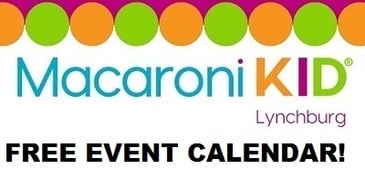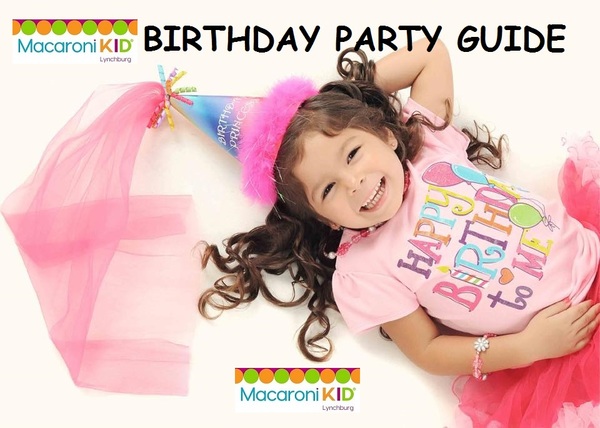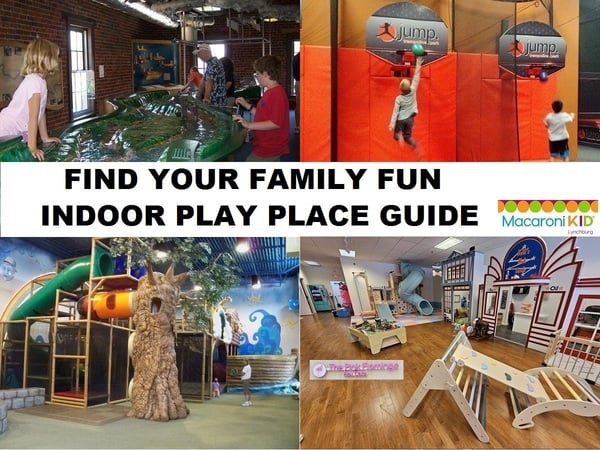With a harvest full of new sights, sounds and scents, fall is the best time of year to build vocabulary skills in school-aged children. Words like "crisp," "spooky," "cornucopia," and "reap" provide excellent opportunities for learning. However, building a strong vocabulary is not just about learning a variety of new words.
The term "lexical organization" refers to how we store words in our mind to be accessed when needed. We have all experienced that frustrating sensation that a word is “on the tip of the tongue.” Children with weak lexical organization often struggle to remember words that they have previously learned, resulting in communication breakdowns and frustration. These children may be diagnosed with word-retrieval difficulties.
To help strengthen lexical organization, speech language pathologists teach children to use description and make associations between words. The idea being that the more connections you have between the words you know, the more paths there are to pull a word out when needed.
To help strengthen lexical organization, speech language pathologists teach children to use description and make associations between words. The idea being that the more connections you have between the words you know, the more paths there are to pull a word out when needed.
So, how do you help your child build vocabulary and make it fun? Games of course! There are numerous games on the market that are designed to target lexical organization. Look for games like HedBanz, Scattergories and Outburst that require children to categorize, describe and list similar words. For younger children, a simple game of “I Spy” can do wonders ... and who doesn’t melt at their young child saying, “I spy with my little eyes”?
This time of year, a Trick-or-Treat Scavenger Hunt is the perfect activity to work on those all-important description skills, and to keep the kids grounded on that sugar-filled walk from house to house. Simply think of the costumes, decorations and items that your child may see during their trick or treat adventures. Then make a list with descriptive terms (e.g. a costume that has a broom, something candle-lit, something that crawls etc.). You can then make the scavenger hunt as simple or complex as you would like. Maybe you require a picture as evidence of items found. Perhaps you have your child compete against a friend who is trick or treating in a different neighborhood. You can offer a reward for the most items found or encourage teamwork by having a group of children work together to complete a single list. Be sure to end the scavenger hunt by naming the items described, and of course, have fun!
Click HERE to find a printer friendly version of the Trick-or-Treat Scavenger Hunt.
Lindsey Lennon received her master's degree in communication sciences and disorders at Emerson College. She has worked in private practice and private and public school settings.











